For many pet owners, the COVID-19 pandemic led to increased time with their four-legged companions, and many shelter pets found new homes during the lockdown. The bond with a pet is special, and spending ample time with them is a vital component of strengthening that bond. You also want your pet to be part of your family for as long as possible, and regular veterinary checkups can ensure they remain healthy into their grey muzzle years. However, it’s likely you have experienced longer wait times and limited appointment availability when contacting your veterinary clinic. Our Marcy Veterinary Clinic team understands the stress that creates, so we explain four reasons for the ongoing veterinary overload, and ways you can ensure a smoother veterinary experience during this challenging time.
#1: New veterinary hospital workflows and safety protocols lead to increased wait times
A recent COVID impact survey by the American Veterinary Medical Association (AVMA) found average wait times during veterinary visits doubled in 2020, and 25% of veterinary hospitals had wait times two to three times longer compared to pre-pandemic life. New workflows and additional hospital safety protocols guided by the AVMA-recommended COVID-19 veterinary hospital safety guidelines have led to longer appointment times. Additionally, many veterinary hospitals implemented curbside care and contactless payment options during the pandemic to limit disease exposure. These modified operations also require extra time to ensure proper communication with veterinary staff.
#2: Veterinary care is experiencing unprecedented demand
During the lockdown, many pet owners traded in their long work commutes for home offices, and a significant number of them continue to work remotely. While pet owners’ extended time at home has strengthened the bond they have with their pets, it also has given them more time to observe their pet’s daily habits and to notice changes in their behavior or health. That, in turn, has led to an increased demand for veterinary appointments and contributed to veterinary overload.
#3: Veterinary hospitals are experiencing a backlog of pet wellness appointments
Although veterinary hospitals were designated as essential businesses during the lockdown, some practices were forced to close temporarily as they modified safety protocols and ensured enough staff were available. Many veterinary hospitals also limited their operations to seeing urgent care cases. Appointments for pets who needed non-urgent, wellness care were delayed, and many veterinary hospitals are still playing catchup from the backlog.
#4: Nationwide staffing shortages and veterinary burnout are at an all-time high
The increased demand for veterinary care has caused more stress and burnout in an already challenging profession, and many have left the industry altogether. According to the AVMA, the veterinary turnover rate is twice as high as that for human doctors, and veterinary technicians have the highest turnover rate of all health care positions. Nationwide veterinary staff shortages are largely a result of the compassion fatigue many veterinary professionals experience from caring for sick pets and dealing with concerned—and, sometimes demanding—pet owners. In addition, the pandemic has exacerbated the personnel shortage problem because staff have to take time off when either they or their family members become ill. The result is limited appointment availability and longer wait times.
Tips to decrease wait times and support your veterinary team
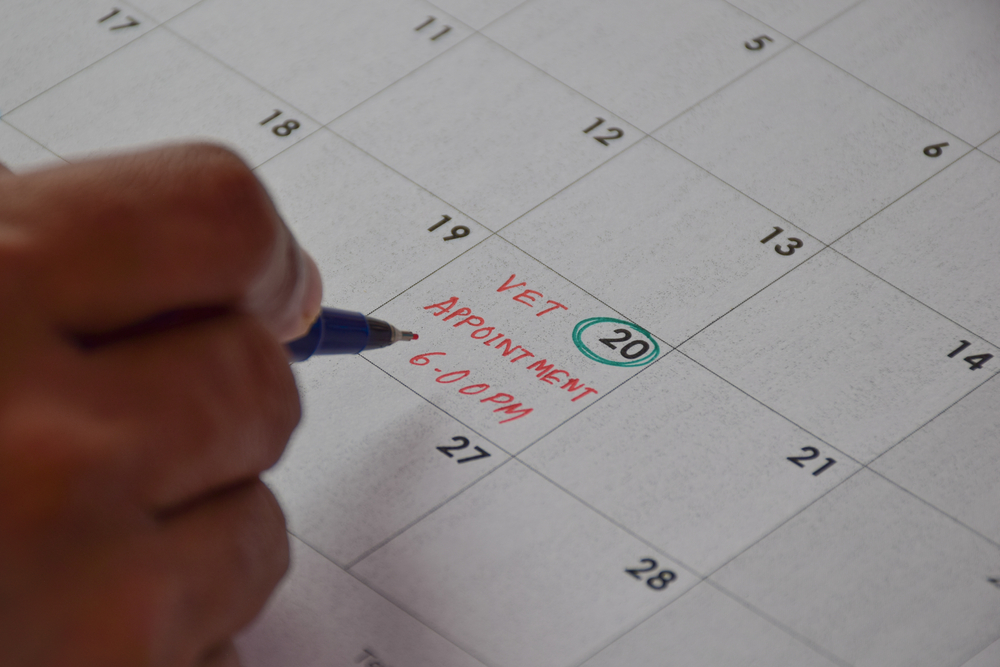
While no simple solution exists for the veterinary overload crisis, a team effort between pet owners and veterinary staff can help ensure a positive and successful veterinary care experience. These tips can help:
- Providing hospital staff with your pet’s vaccination history and/or previous veterinary records before your pet’s scheduled visit.
- Scheduling wellness appointments with your veterinarian three to four weeks in advance.
- Communicating calmly and with kindness when speaking to members of your veterinary team.
- Using your veterinarian’s online pharmacy to purchase your pet’s food, preventive care medication, and approved medication refills.
- Knowing your payment options, like Care Credit, and considering pet insurance to ensure funds are available for your pet’s required care.
Our Marcy Veterinary Clinic team understands the stress and frustration of extended wait times and limited appointment availability. We work tirelessly to provide outstanding, comprehensive, and compassionate care for you and your pet, and ask for patience as we navigate this unprecedented time. Call our office as far in advance as possible to schedule your pet’s wellness care appointment.

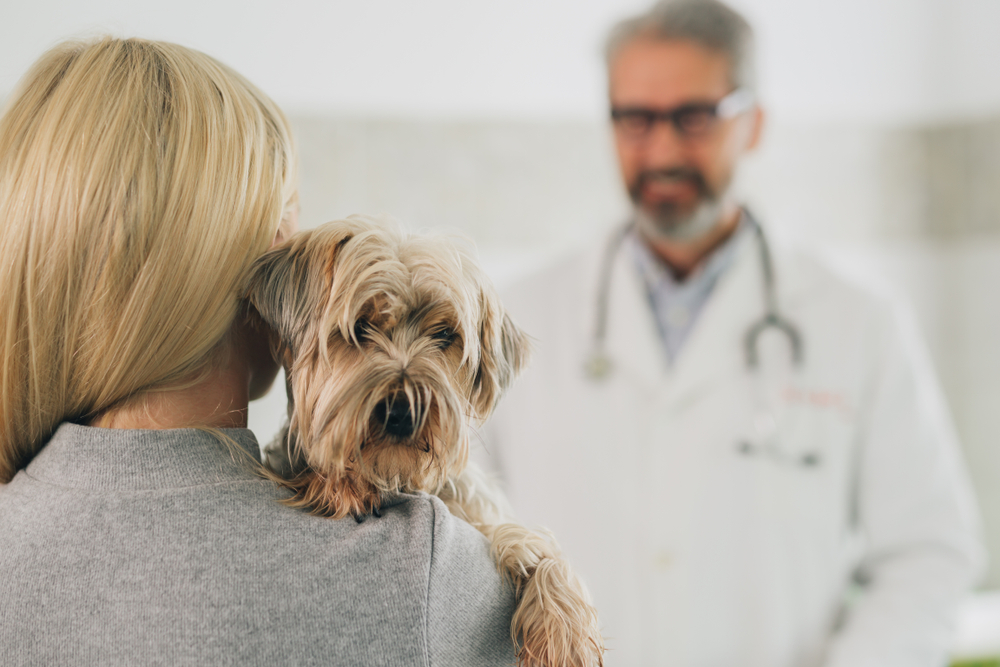
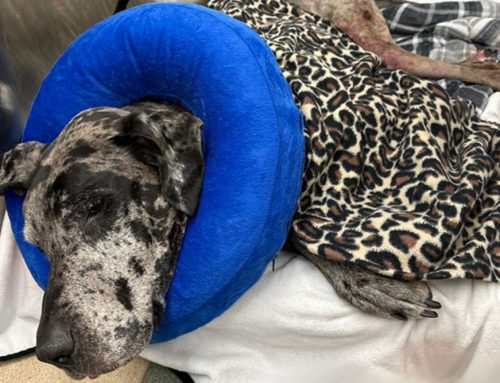
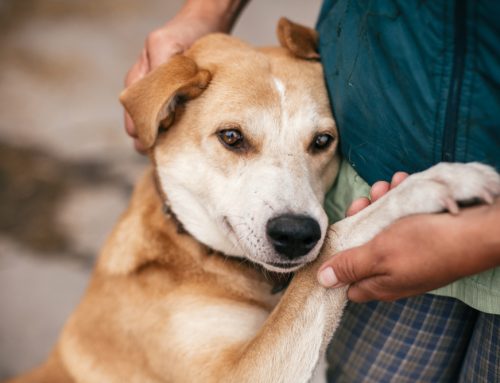
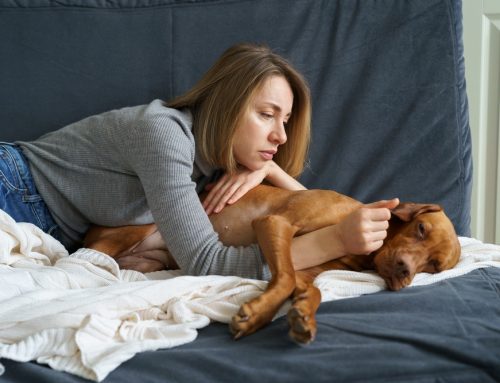
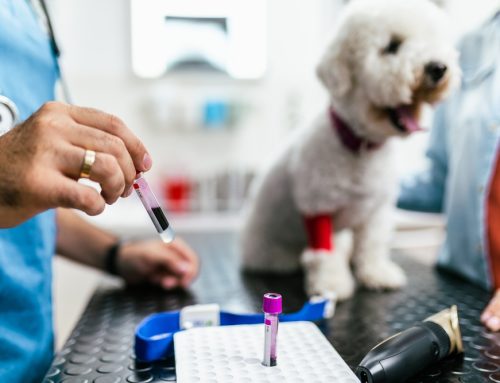


Leave A Comment